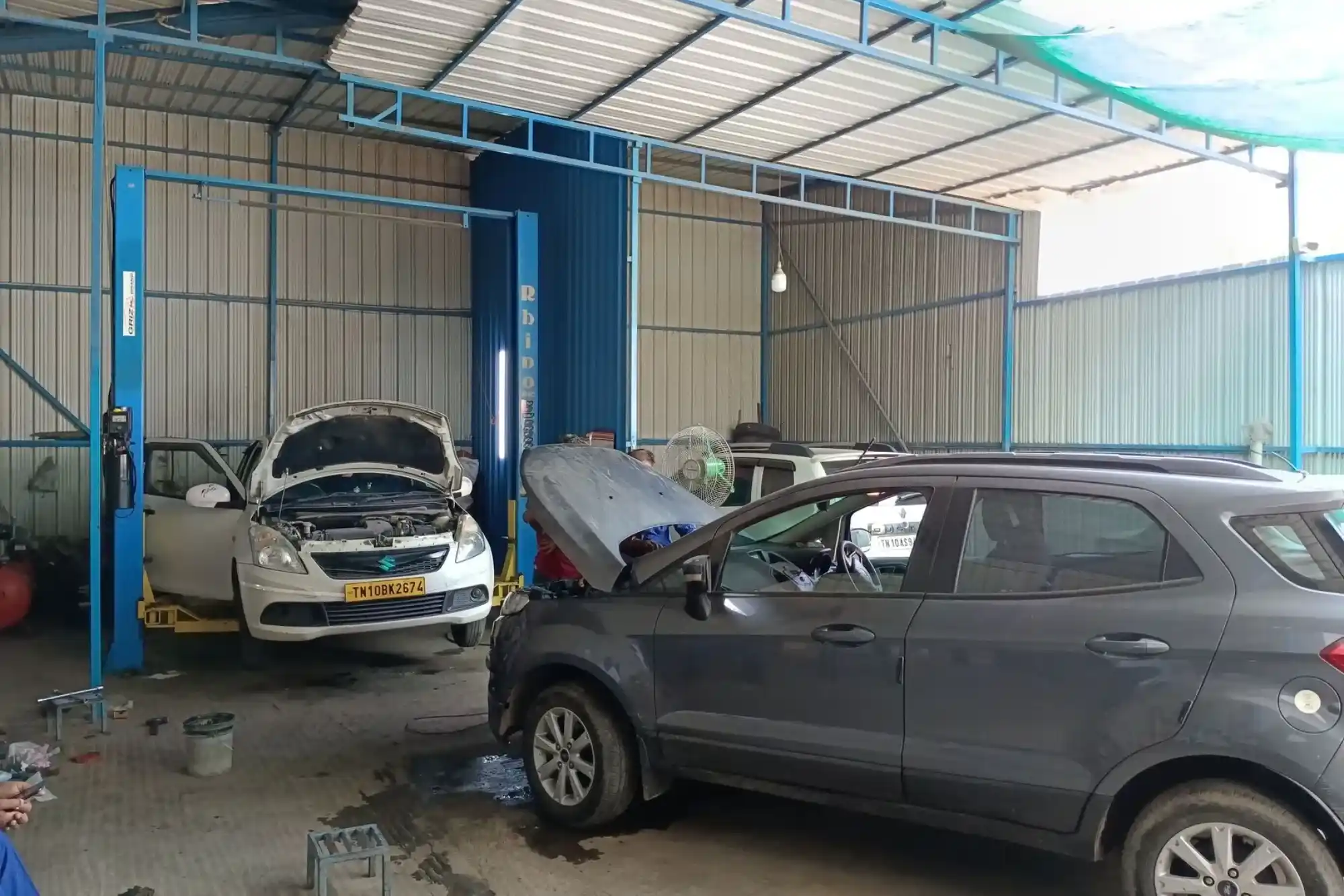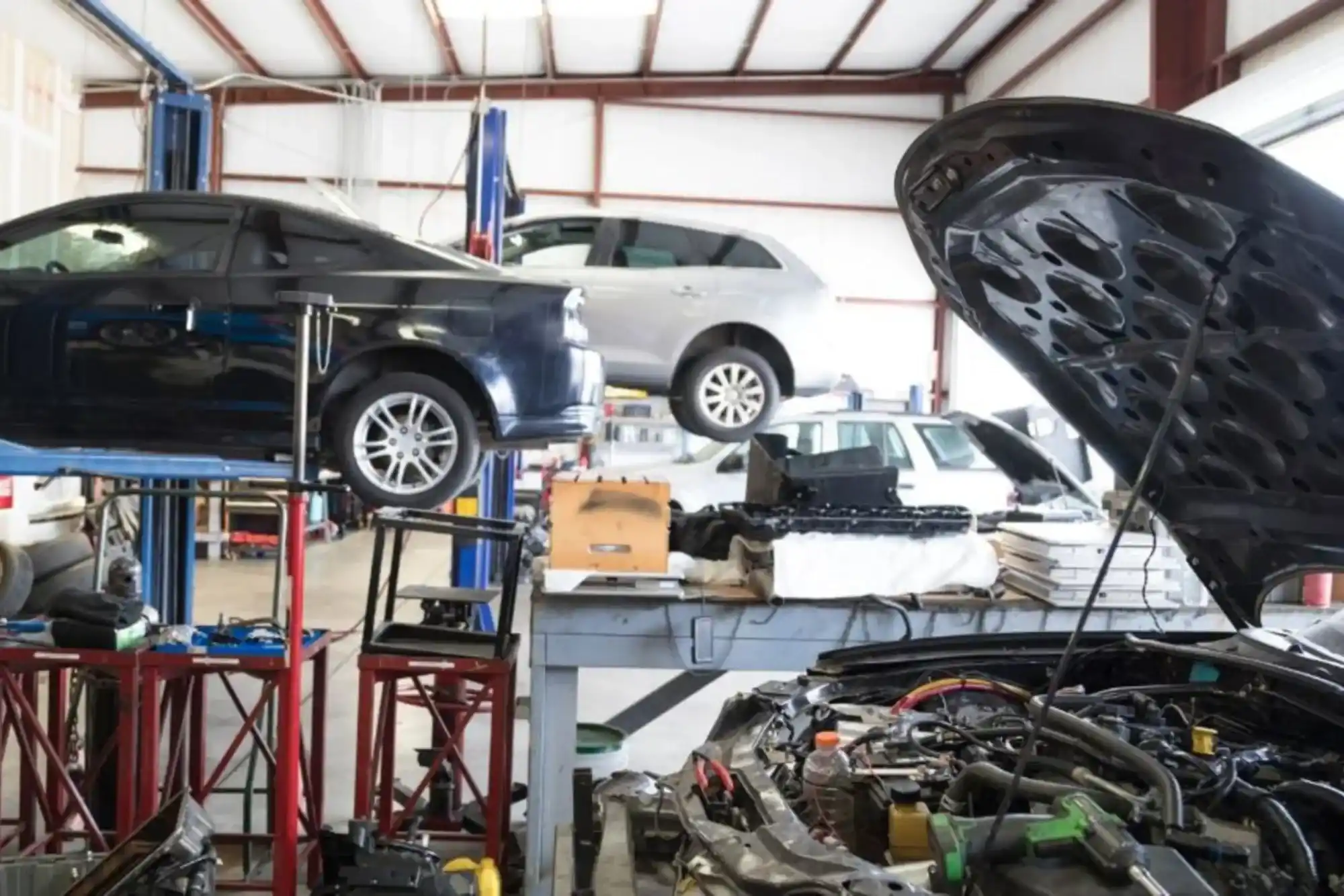The “car repair shop gray zone” refers to a tricky and often confusing aspect of auto repair services. It’s a term used to describe the ambiguous area where car repair practices may not be fully transparent or ethical, making it hard for car owners to know exactly what they’re getting. This guide explores the gray zone in-depth, helping you understand the common issues, recognize red flags, and make better decisions for your vehicle’s health and your peace of mind.
What Is the Car Repair Shop Gray Zone?
The gray zone in car repair shops represents areas where information about repairs or services may be vague, costs unclear, or certain tactics are used to upsell customers on unnecessary repairs. While not always illegal, these practices can feel misleading, and without adequate knowledge, customers may pay for more than they need or receive substandard work.
Common Practices in the Gray Zone
Understanding some of the most common tactics used in the gray zone is essential. These practices vary widely, from pricing strategies to repair recommendations. Here are some examples:
- Overcharging for Simple Repairs
Some shops may inflate the price of basic services, like oil changes or brake replacements, counting on customer trust or lack of knowledge. - Suggesting Unnecessary Repairs
Mechanics may exaggerate issues or recommend repairs that aren’t urgently needed. For instance, you may be told to replace a part that still has a lot of life left. - Vague Estimates and Billing
In some cases, repair estimates may be given with vague descriptions, and final bills may include charges not originally disclosed, leaving customers confused and with limited recourse. - Using Lower Quality Parts Without Disclosure
In the gray zone, a shop might use generic parts instead of branded ones without informing the customer. This can affect the durability and performance of repairs.
Why Does the Gray Zone Exist in Car Repair Shops?

The gray zone often arises from the nature of car repairs themselves. Many repairs are technical and specialized, making it difficult for car owners to know exactly what needs to be done. Additionally, there’s a trust factor involved when dealing with car mechanics. Without a strong understanding of vehicles, customers may not question diagnoses, giving unethical shops an opportunity to exploit this.
Factors Contributing to the Gray Zone
- Lack of Standardized Pricing
Unlike other industries, car repairs lack fixed rates for specific services. Prices vary between shops, making it harder for customers to gauge fair prices. - Complexity of Car Components
Modern cars are complex machines, and even minor issues may seem confusing to someone without mechanical knowledge. This complexity can be exploited to justify unnecessary repairs. - Insufficient Regulations
While some regulations govern auto repair shops, enforcement varies widely. In some areas, repair shops may operate without sufficient oversight, making the gray zone more prevalent.
Recognizing Red Flags in the Gray Zone
It’s important for car owners to be vigilant and aware of certain red flags that may signal gray zone practices in a repair shop. Here’s what to look out for:
- Vague Explanations and Technical Jargon
If mechanics explain issues using overly technical terms or vague descriptions, it may be an attempt to keep you from fully understanding the repairs. Always ask for clear explanations. - High-Pressure Tactics
Some repair shops use high-pressure tactics, urging customers to make immediate decisions about repairs. Genuine mechanics will give you time to consider options. - No Written Estimate
If a shop refuses to give you a written estimate or only provides an estimate after you push for one, this can be a sign of a potential gray zone practice. - Inconsistent Recommendations
If you get wildly different recommendations from different mechanics, you may be dealing with someone pushing unnecessary repairs.
How to Avoid Falling into the Gray Zone
The best way to avoid the gray zone is by being informed, prepared, and proactive in dealing with repair shops. Here are some tips:
- Research and Compare Prices
Do some online research on common repair costs for your vehicle’s make and model. Having a basic idea of price ranges can help you recognize fair pricing. - Ask Questions and Request Clarifications
Don’t hesitate to ask questions about the repairs being suggested. Request a detailed explanation and breakdown of costs before approving any work. - Get Multiple Estimates
One of the best ways to avoid unnecessary expenses is by getting estimates from more than one repair shop. This will give you a clearer picture of what needs to be done and at what cost. - Choose a Reputable Repair Shop
Look for shops with strong reputations, positive customer reviews, and any relevant certifications. This reduces the chance of encountering gray zone practices. - Request the Return of Replaced Parts
Some shops may allow you to see or even keep old parts that were replaced. This can help you confirm that parts were indeed replaced and not merely cleaned or adjusted.
Table: Recognizing Red Flags in the Car Repair Shop Gray Zone
| Red Flag | Description | Suggested Action |
|---|---|---|
| Vague explanations | Use of technical jargon or unclear answers | Ask for simple, clear explanations |
| High-pressure tactics | Urging immediate repair approval | Take time to consider and consult others |
| No written estimate | Refusal to provide a detailed written estimate | Insist on written cost breakdown |
| Inconsistent recommendations | Different recommendations from multiple shops | Seek third-party or expert opinion |
| Unwillingness to return parts | Refusal to show or return replaced parts | Request to see or keep old parts |
Questions to Ask Your Mechanic

Good communication with your mechanic can reduce the risk of entering the gray zone. Here are some questions you should ask:
- What exactly needs repair, and why?
This question helps clarify the reason for the repairs and ensures transparency. - Can you show me the issue?
Sometimes, mechanics can visually show you the part or area of concern. This visual demonstration can build trust and increase your understanding. - What happens if I don’t do this repair now?
If the repair isn’t urgent, this question will help you weigh options.
The Importance of Knowing Your Rights
Understanding your consumer rights is vital in avoiding gray zone practices. Laws regarding car repairs vary by region, but most places have some basic rights protecting car owners. These may include:
- Right to Written Estimates
Many regions require repair shops to provide written estimates. This protects you from unexpected charges. - Right to Authorization for Repairs
A repair shop cannot perform additional repairs without your consent. This gives you control over which services are provided. - Right to a Return of Parts
You may have the right to request the return of replaced parts, helping verify that parts were actually replaced.
What to Do If You’ve Fallen Victim to Gray Zone Practices
If you believe you’ve been subjected to gray zone practices, take the following steps:
Gather All Documentation
Collect any paperwork related to the repair, including estimates, invoices, and any communications with the shop.- Contact the Shop for Clarification
Speak to the repair shop about your concerns. Sometimes, misunderstandings can be resolved directly. - Report the Incident
If the issue isn’t resolved, consider reporting the shop to your local consumer protection agency or Better Business Bureau. Consider Legal Action
In cases of severe overcharging or fraudulent repairs, consulting a lawyer may be a viable option.
FAQs
What does the term “car repair shop gray zone” mean?
The gray zone refers to ambiguous practices in car repair shops where costs, services, or repairs may not be fully transparent, leaving customers potentially vulnerable to overcharges or unnecessary repairs.
How can I tell if a car repair recommendation is genuine?
To verify the necessity of a repair, ask for a clear explanation, request a visual demonstration if possible, and consider getting a second opinion from another shop.
Why don’t car repair shops have fixed prices?
Due to the complexity and variety of vehicle models, parts, and labor, car repair shops rarely have standardized prices. This allows room for variation but also contributes to potential gray zone practices.
Is it my right to get a written estimate before repairs?
Yes, in many areas, repair shops are legally required to provide written estimates before starting work, allowing you to know the costs upfront.
What should I do if I feel I was overcharged?
Start by discussing the charges with the repair shop, and if this doesn’t resolve the issue, consider reaching out to local consumer protection agencies for assistance.



